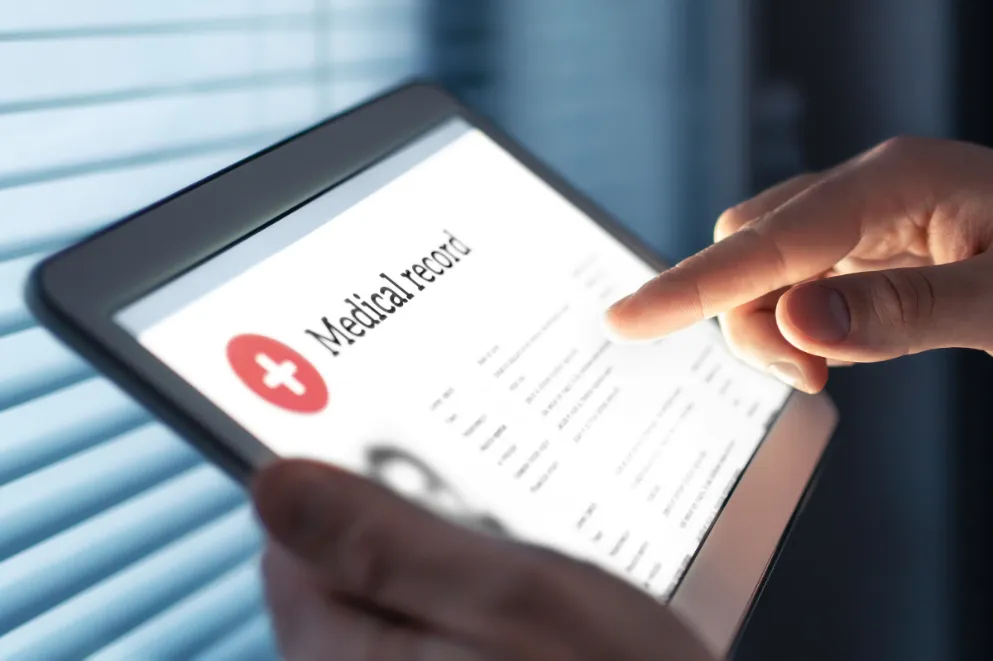HIPAA (Health Insurance Portability and Accountability Act) was passed into law in 1996. It made sweeping changes to the way private health information was handled by insurance companies, medical practices, and employers. The US Department of Health and Human Services (HHS) then issued the HIPPA Privacy Rule to ensure that these regulations were being met. HIPPA compliance is achieved when the organizations involved handle health information in ways that follow these regulations.
What is HIPAA Compliance
The actual HIPPA law requires that a national set of standards be set up to regulate how private health information is handled. The HHS was then tasked with creating these regulations, known as the HIPPA Privacy Rules, and ensuring that everyone involved followed the rules. It is these Privacy Rules that medical organizations, and others, must follow to be HIPPA compliant.
What are the Regulations as Laid Out in the Privacy Rules?
The HIPPA Privacy Rules layout a great many distinct regulations that must be followed but their goal is to achieve 5 basic things.
- Give patients control over who has access to their health information.
- Sets clear guidelines about the release and use of patient information.
- Sets clear goals that health care providers must meet to protect the privacy of health information.
- It creates both civil and criminal penalties for those that violate a patient’s right to keep their health information private.
- Allows for exceptions to the Privacy Rules in instances where public health could be affected.
Why Is Keeping Health Information Private So Important?
These rules were created because people were accessing patients’ private health information and using it to make a decision that negatively affected the lives of those involved.
For instance, an insurance company could access an individual's health information to decide what rate to offer them or to deny them coverage. Employers who had access to such information might use it to decide whether to hire or promote someone.
The lawmakers determined that such use of private health information was violated the privacy of the patients and the HIPPA was created.
What's Happening with HIPAA now?
A lot has changed since 1996 when the HIPPA law was enacted. Many small changes have been made to the regulations to try to keep up with the rapidly changing ways that information is accessed and distributed in the digital age. However, there have not been any major changes made to the Privacy Rules since 2013 and some people feel that is far too long.
To change this, the Office of Civil Rights has proposed a list of 17 changes and new regulations. They will have to be discussed and voted on before they can take effect and the hope is to have these changes go live by the end of 2022.
How RxLess Protects Your Privacy
rxless is a discount prescription drug program that works with the major pharmacy chains, including CVS, Rite Aid, and Walgreens, as well as the pharmacies found in many stores, to provide people with the lowest possible prescription drug prices.
To protect the privacy of the people who use our prescription discount cards, RxLess does not require any personal information. All anyone needs to do is use our search tool to find the best price, show the card to the pharmacist and the prescription will be sold to them at a discounted price.
If you have any questions about how RxLess works, visit our FAQs page. To be sure you understand exactly how we help to keep your private health information private, read our Privacy Policy.
















